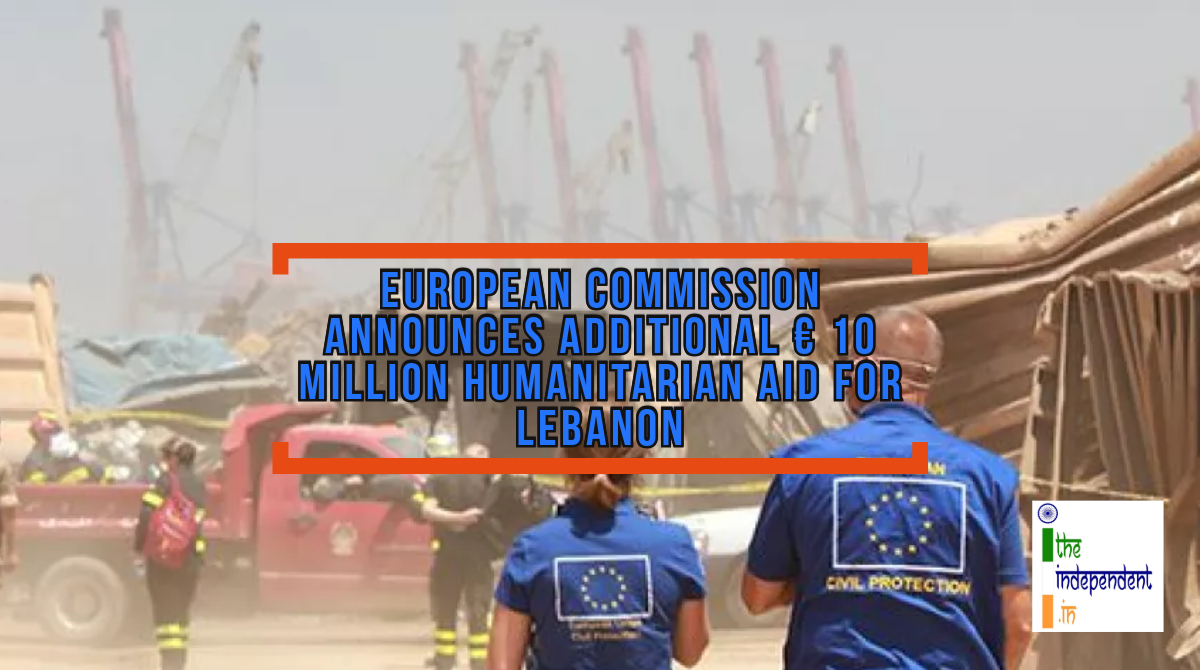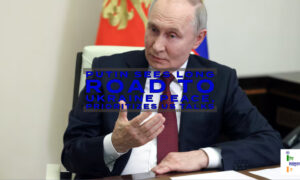
The €10 million humanitarian aid will prioritize food assistance, shelter, health care, and protection services for affected populations
The European Commission has announced an additional € 10 million in humanitarian aid to support Lebanon as the country grapples with the mounting impact of hostilities between Hezbollah and Israel.
This emergency funding will prioritize urgent needs, including food assistance, shelter, health care, and protection services for affected populations. This additional funding comes as part of the European Union’s (E.U.’s) broader response to the humanitarian crisis in Lebanon. In 2024, the E.U. provided € 74 million in humanitarian aid to help vulnerable populations in Lebanon, including this allocation.
As the conflict intensifies, the European Union (E.U.) has expressed its readiness to deploy further support through all available emergency response tools, including the Civil Protection Mechanism, which facilitates coordinated relief efforts across Europe.
Speaking on the occasion, Janez Lenarčič – Commissioner for Crisis Management, European Commission said, “As hostilities rapidly escalate, people in Lebanon are being subjected to extreme violence, with innocent civilians paying the price of confrontations between Hezbollah and Israel. With this emergency allocation we aim at immediately establishing a lifeline for people in Lebanon, both nationals and refugees, affected by the surge of hostilities. At this moment in time, now more than ever, all parties must abide by International Humanitarian Law.”
The situation in Lebanon has worsened due to the ongoing violence, with more than 90,530 people newly displaced from areas near the Israeli border, adding to the nearly 112,000 already displaced since October 2023. Civilians continue to bear the brunt of the conflict, with hundreds of casualties and injuries reported.
Even before the recent escalation, Lebanon was struggling with severe poverty and food insecurity, compounded by the presence of nearly 2 million Syrian refugees. Nearly half of this population, including both Lebanese citizens and refugees, is estimated to be food insecure, a number expected to rise further due to the ongoing conflict. Lebanon has also struggled with emergencies like the Beirut port blast, COVID-19, and the cholera outbreak in autumn 2022. On 7 October’23, the Hamas-launched attack on Israel and the subsequent Israeli troops’ retaliation, swiftly escalated tensions at the Southern Lebanese border. This resulted in incursions, shelling, and exchanges of fire.
Since 2011, the E.U. has allocated more than € 941 million in humanitarian aid to address the critical needs of both Lebanese citizens and refugees. The E.U. assistance has supported access to essential services such as healthcare, education, and legal protection for those most in need.
The E.U. also organised the series of Brussels Syria Conferences to address the needs of Syrian refugees and host communities in Lebanon. Through its humanitarian funding, the E.U. supports vulnerable populations to meet their basic needs through health care, education, protection and legal services.







